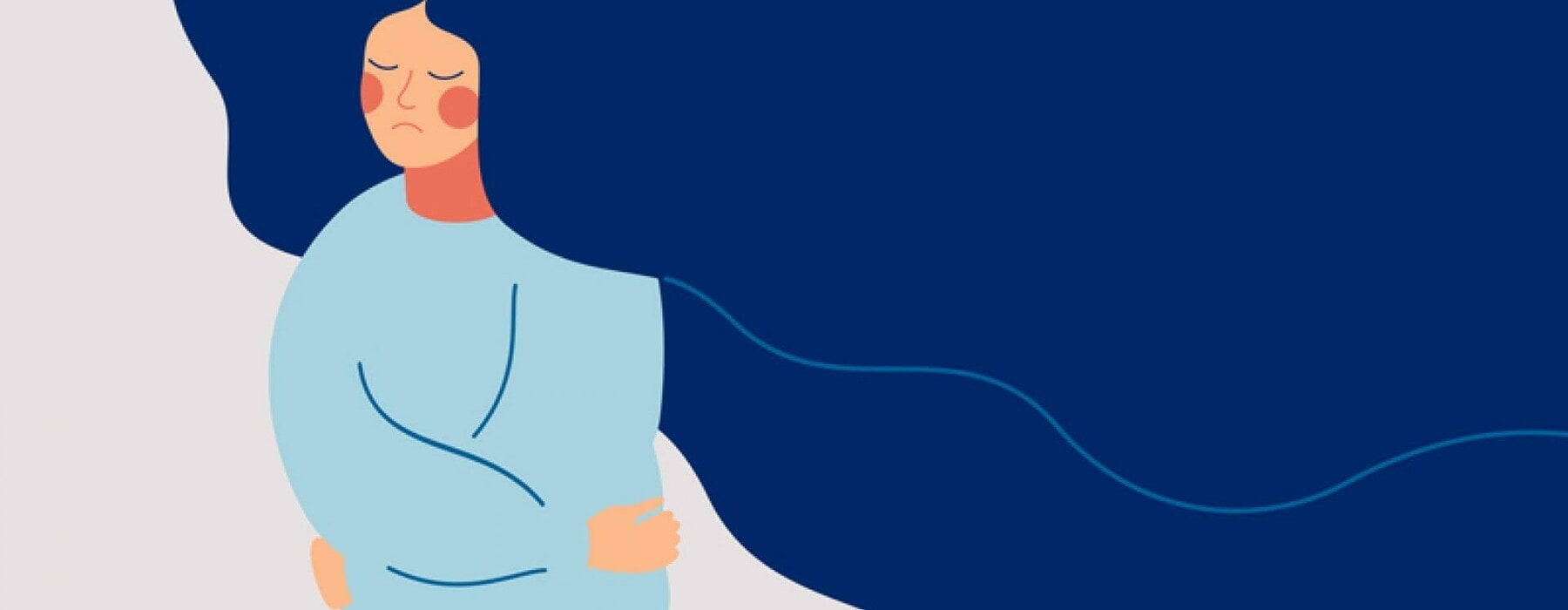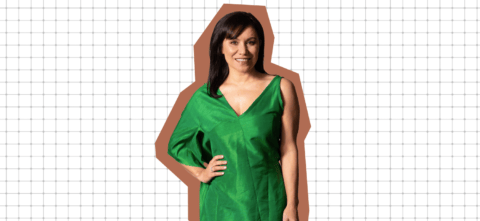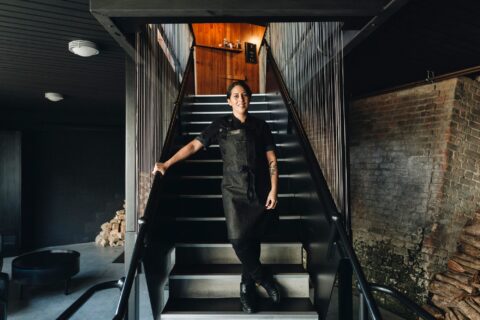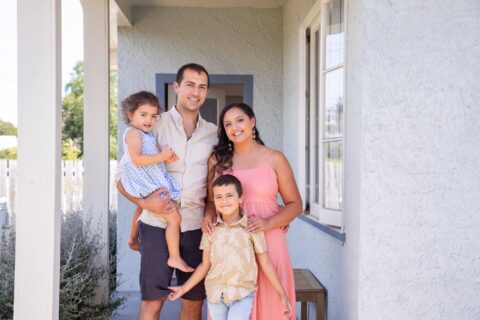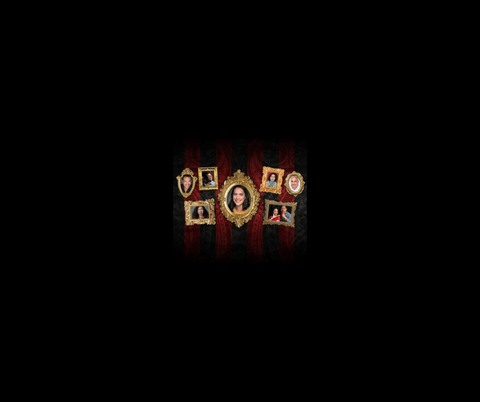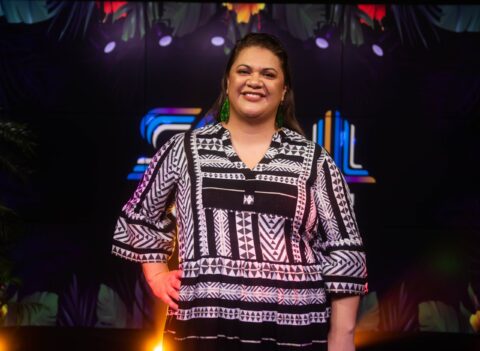Often, we see the term “vulnerable” or “vulnerability” used in a way that implies a negative connotation. We see it mentioned in a way that implies it’s a disadvantage, or that someone may be an easy target because they’re weak.
*This is a voiceover created by AI and therefore some of the words or pronunciations may be incorrect. We hope you still enjoy this listening experience
In a workplace, I often find that female bosses try not to tap into their intuitive and emotional side but be more firm and tap into their masculine energy.
Even in my own personality traits, I’ve been told that I’m often direct and confrontational which can come off tough. In learning how to better communicate with friends and in relationships, I realised that there is a real power to being vulnerable in the right situation. It’s easy to try to protect your feelings and come off staunch and un-emotive about particular things, but there’s a real power in feeling your emotions, stepping forward and being honest, unguarded and slightly exposed.
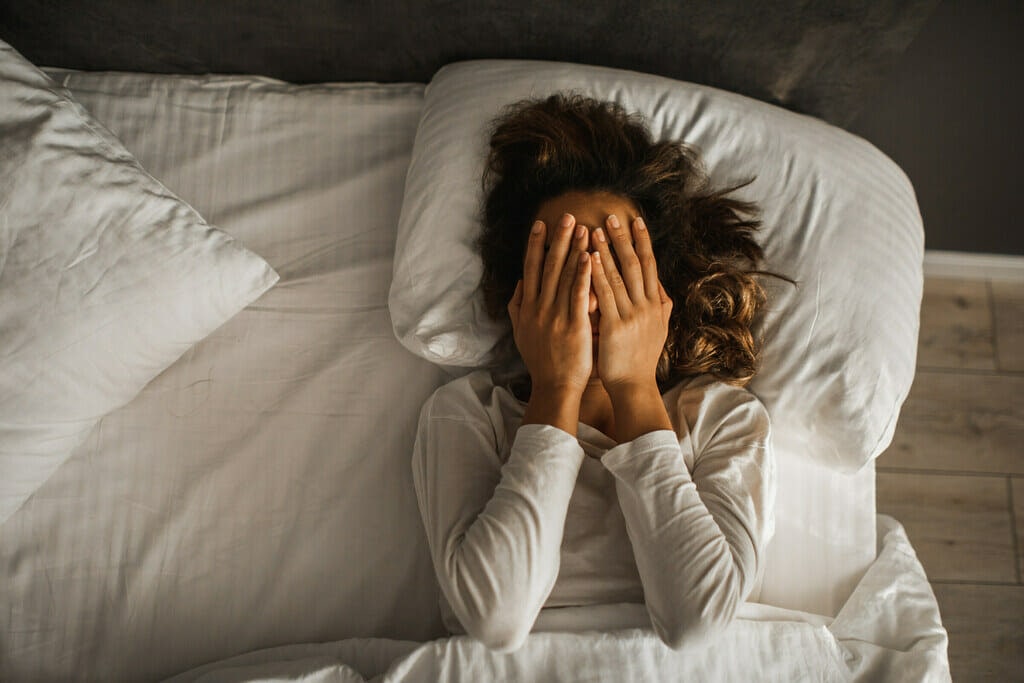
What is being vulnerable? According to the book ‘Daring Greatly’ by Dr. Brene Brown, a professor at the University of Houston who specialises in the study of vulnerability and empathy, vulnerability is defined as “uncertainty, risk and emotional exposure.”
Vulnerability is a strength in your relationships because it can truly help you to learn more about yourself and your relationships with others. Being able to be vulnerable with yourself gives you the opportunity to work through emotions easier by actually acknowledging them.
In the past, my general approach to relationships was to be cold and short and try to cut things off if I felt like a person wasn’t 100% interested. With age, time and experience, I learned that by being honest, vulnerable and open with communication, how misconstrued your perception can be. Through the practice of being vulnerable, I’ve seen how it has strengthened my relationships and allowed me to feel more reciprocal and genuine in my connections.
It’s also increased my self-awareness as it’s made me understand when to pick and choose my battles. It allows you to question whether something is really a problem and if so, how to find a solution to it. Accepting that there is uncertainty, risk and emotional exposure in vulnerability is the key.
Based on a psychological study of 1000 patients at the Eugene Institute, they noted that those who were okay with being vulnerable and explaining a perspective had better mental health than those who didn’t. Those who found passive aggression or non-confrontation easier tended to harbour resentful thoughts which skewed their natural behaviours in other aspects of life. The study concluded that those who were okay with being vulnerable were more willing to be resilient in the face of adversity and even went as far as concluding that they were brave in some contexts.
So the next time somebody uses the word “vulnerable” in a negative connotation, I urge you to disagree. Vulnerability is one of the best ways to get to know your authentic and true self – it isn’t a sign of weakness but one of our greatest strengths.

